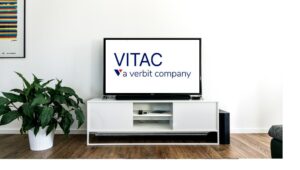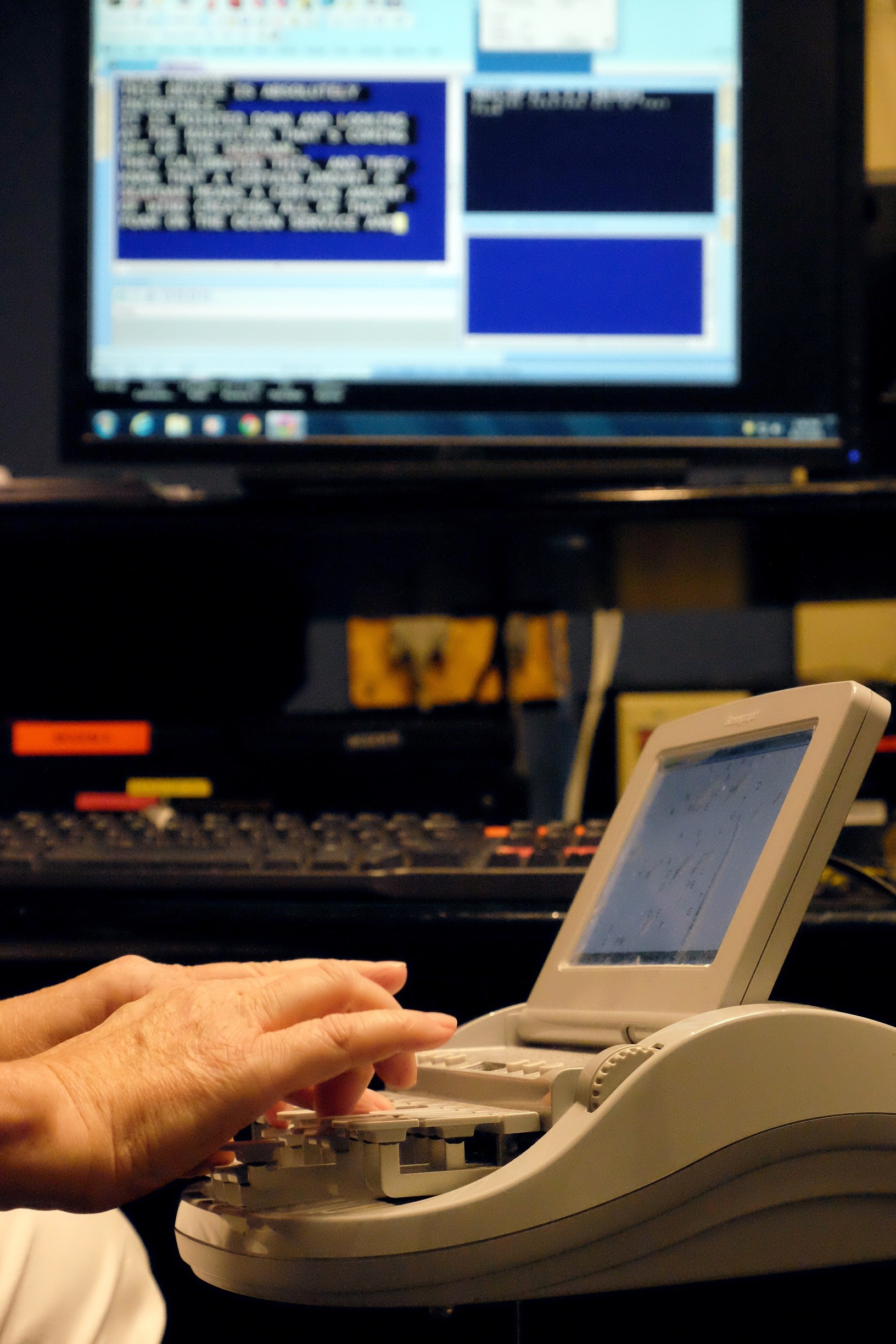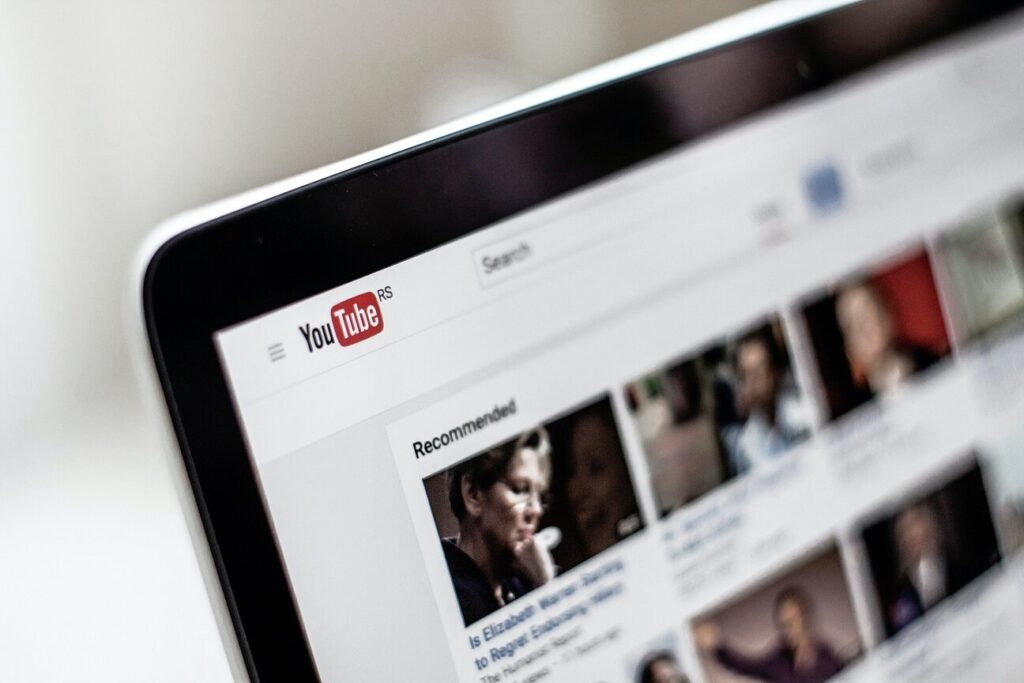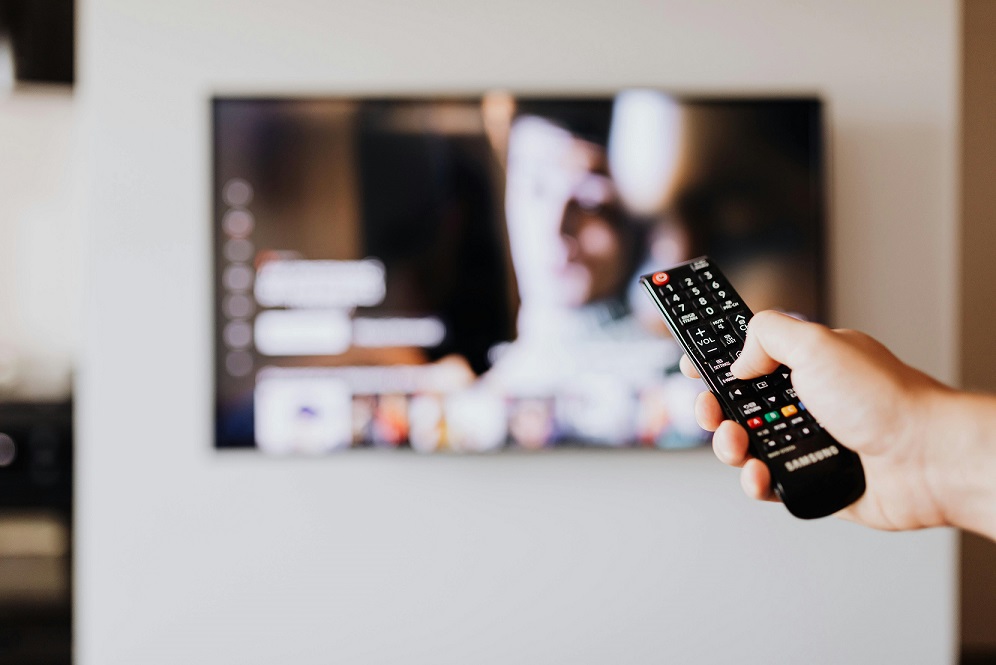Make a wish, VITAC is turning 36! To celebrate our 36 years of accessibility, we’re taking a little trip down memory lane. Grab your synthesizer and New Coke, we’re heading back to the 80s.

In 1982, Joseph Karlovits, a court reporter, tested realtime captioning technology for the first time in a public forum as a deaf attorney defended the rights of disabled children to fair access of public education before the Supreme Court. Karlovits saw that the captioning technology held the potential to change lives.
In 1986, Karlovits started American Data captioning with just one client, a local station. But even from the start, the understanding was clear that captions provide a vital means of accessibility for the millions of people who are deaf or hard-of-hearing. In 1993, the company name was changed to VITAC, a portmanteau of vital and accessibility.
Over the years VITAC continued to grow as an accessibility provider and later as an industry leader. Always seeking ways to help clients, consumers, and the community stay current with – and benefit from – the latest regulations, VITAC has been actively involved in accessibility legislation. Our long history of collaboration with the Federal Communications Commission (FCC) includes serving on various advisory committees into the 2010s and working with other captioning providers to develop best practices still in effect today.
And as new information delivery and video delivery systems changed the shape of communication and entertainment, VITAC increased its offerings and began providing audio description, subtitling, translation, transcription, and encoding services.
As we worked to ensure more accessibility on multiple fronts, the company grew as well. VITAC is now the largest and most trusted captioning provider in North America, employing the largest group of full-time human captioners. Where once we served one client, VITAC now serves thousands, and captions over half a million hours annually.
As VITAC has grown, so, too, has the popularity and use of captions. Once viewed as a niche service, captions are now viewed as a much more mainstream tool, and much more likely to be enabled, even by viewers who are not deaf or hard-of-hearing. According to a survey by Verizon Media and Publicis Media, 80% of people who use captions are not deaf or hard of hearing, with half of the study’s respondents saying that captions were important since they often watch videos with no audio either on a desktop, tablet, or mobile device. And a recent study found that people were 31% more likely to attend in-person events if they knew the event would be captioned.





